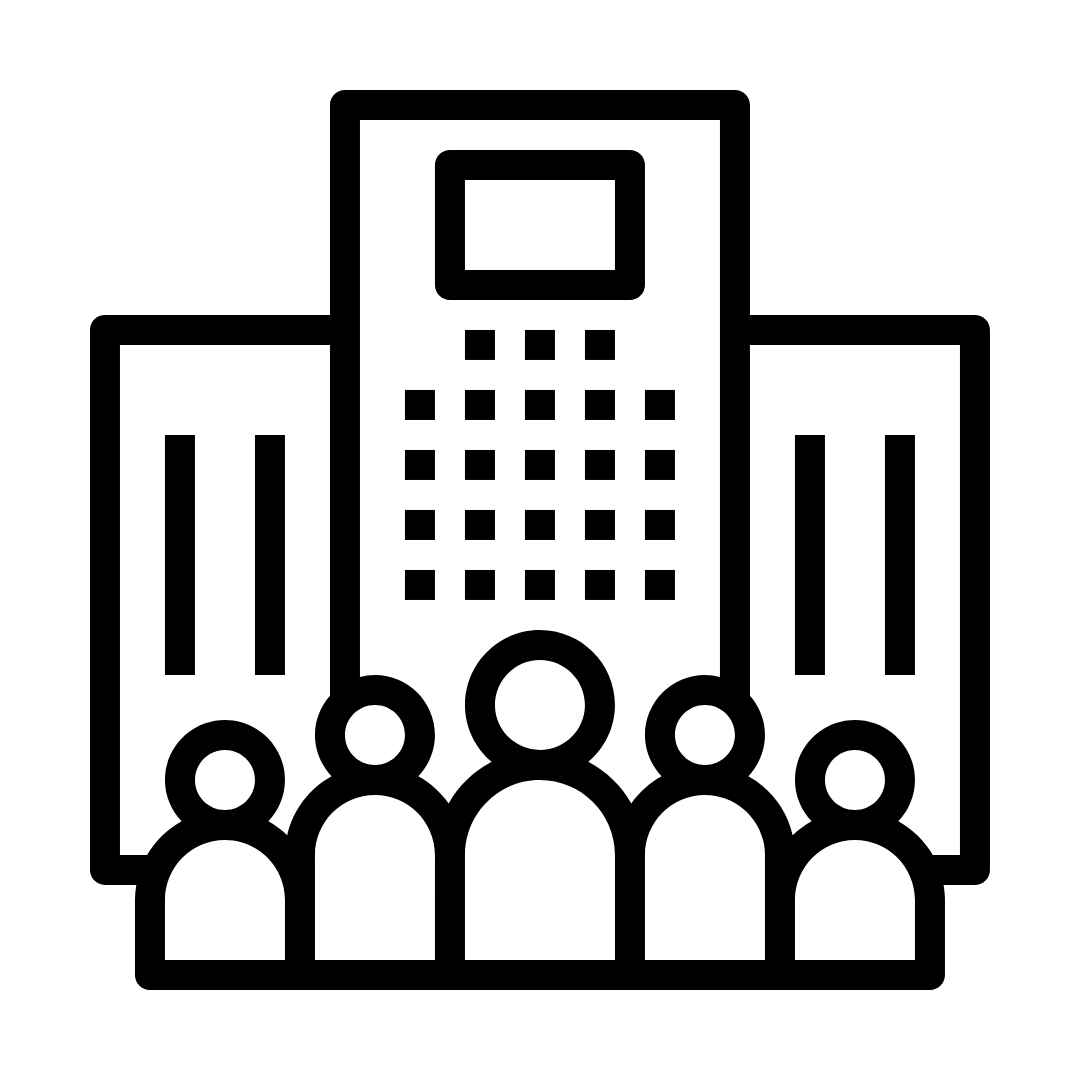How To Scope Out Company Culture
Research these key items before applying to a job!
1. Who do you know?
Do you have friends who work at this company? Friends of Friends? Family members? Former colleagues? A friend’s former colleague? No matter how vague and distant the connection is- reach out! They’re probably happy to help. Think about it- if someone reached out to you now to ask about your current company- you’d most likely respond. It’s something many of us wish that someone had done for us when we were looking. Ask them what it’s like working there, about the people you’ll be interviewing with and working with, ask them how supportive the environment is, and any other questions that are important to your work experience.
2. The Interwebs
Arguably your best tool- take it to the internet! There are tons of resources online for you to get a better sense of what working at a company will be like. Google the company and see what other people are saying about them. Good press? Bad Press? Recent acquisitions? Blogs? It’s worth doing more than a first-page Google search, and you might just find something interesting.
3. Social Media!
Check out their Twitter, Facebook page, Youtube, and Instagram. While you’re on these social medias- don’t just look at their posts. Look at what others are posting about them! On Insta- check out their tagged photos as well as their posts. If the company has a hashtag- click on it and see what people are posting (bonus- then you can look at those people’s pages). If you see that all the posts use the same company-specific location (i.e., “Google Headquarters” vs. “New York, New York), then click on it and see what people are posting. You can check both “top” posts and “recent” posts.
4. Review Sites like Glassdoor
Review sites can be helpful- but remember to take them with a grain of salt. Glassdoor is a professional Yelp. That is- the most dissatisfied employees and the most overly-enthusiastic ones are the most likely to post on them. In addition to that- many companies heavily monitor their Glassdoor page. You may notice that after one negative review, there is a whole string of positive ones. It’s still more than worth taking a look, though! On Glassdoor, you can get an idea of salaries, benefits, and perks, what certain managers/teams are like, as well as clarify your expectations for the interview process.
5. LinkedIn
LinkedIn is a great way to sift through the profiles of current employees at the company, what kind of conversations they’re having, their backgrounds, and what they might be up to on the day-to-day. It’s also a great tool to check out whatever connections you may have with the company. Maybe someone worked at a company you worked with or maybe went to the same college as you.
6. Ask those hard Interview Questions.
Don’t be nervous to ask culture-related questions during an interview. Ask what it is like to work at the company and what it’s like to work remotely there (are hours flexible? Do employees zoom/ call one another during the day, or is work largely independent? How did they adapt to COVID-19?). Remember that a culture fit is just as important to them as it is to you. If there is something really important to you - ask about it during the interview. Your future self will thank you.
The culture of a company is its heart and soul and is arguably one of the most important things to consider before accepting a job. Different places function uniquely, and having clarity on the kind of environment that you thrive in while entering the job search will help you make the best decision for yourself. A few things to consider: pace- do you thrive in a “fast-paced” environment where you work on multiple things at a time and jump from project to project, or do you prefer a slower pace in which you take your time with each project you work on? Social culture- do you like to socialize with your colleagues and work collaboratively, or do you prefer to work alone? Structure- are you a self-motivated self-starter, or would you function better in a more hierarchical workplace where everyone has clear roles and tasks? Startup life or big company life- do you want to be in the frontlines of a new firm, or would you rather enter a more established workspace? With the pandemic continuing into fall and likely next year, what kind of work-from-home setup do you need to be successful? Can you be on your computer during a set time period? Do you have others to care for and thus might need a more flexible setup? These are all things to think about and keep in mind as you enter your job search.
Privacy Policy Terms Of Use




